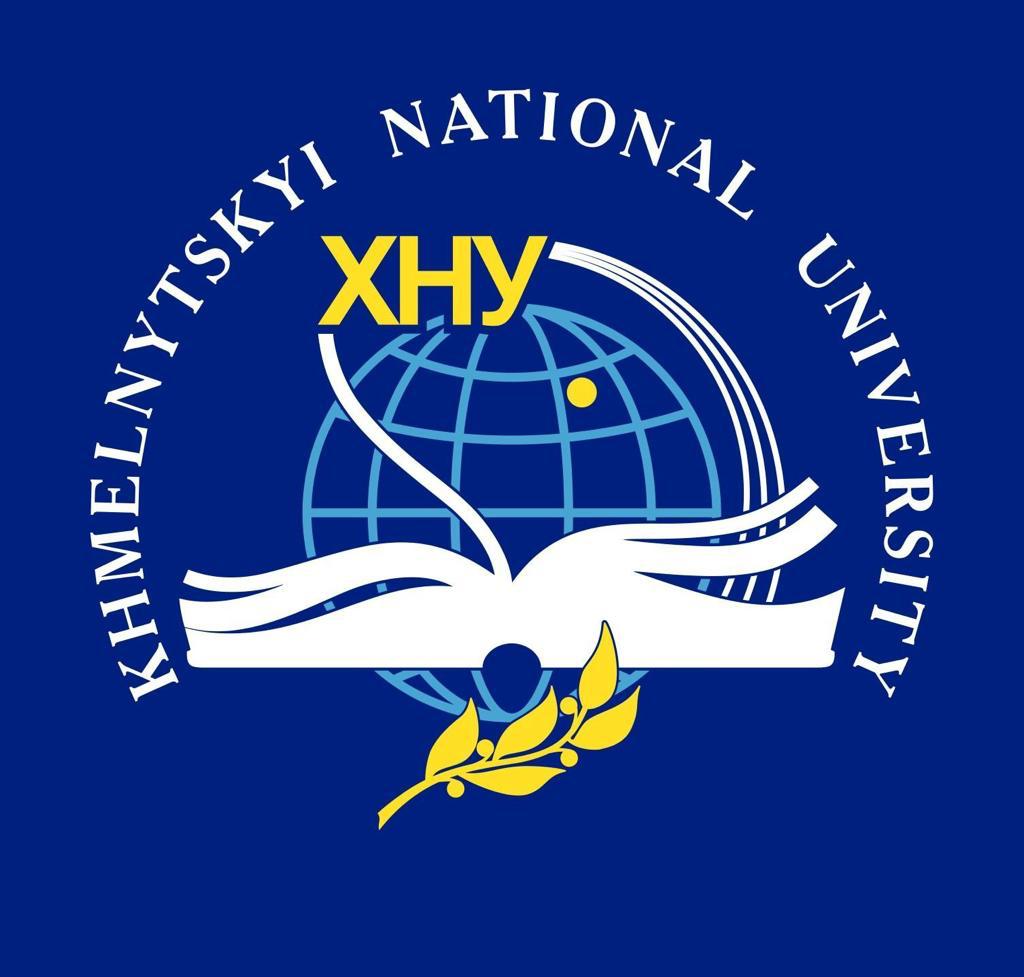PECULIARITIES OF THE PROFESSIONAL TRAINING OF FUTURE PHYSICAL CULTURE TEACHERS AND TRAINERS IN THE CONDITIONS OF DISTANCE EDUCATION
DOI:
https://doi.org/10.31891/pcs.2023.1.12Keywords:
distance education, peculiarities, professional training, physical culture teacher, coach, higher educationAbstract
In the article the modern challenges faced by the higher education system in Ukraine due to the pandemic and Russian military aggression are analyzed. The advantages and disadvantages of implementing distance education in the conditions of modern emergency and crisis situations in the country are presented. Particular attention is devoted to the description of the advantages and disadvantages of the professional training of higher education students of the specialties 014 Secondary Education (Physical Culture) and 017 Physical Culture and Sports in the conditions of distance learning. Attention is focused on the fact that despite all the benefits of the distance learning system, future physical culture teachers and trainers do not have the opportunity to qualitatively master the rational technique of movements from various sports. Despite access to video materials with a demonstration of the reference technique for performing the exercise as a whole and its individual elements, students have limited opportunities for its high-quality consolidation and practice. When students independently study the technique of movements, the teacher does not always can correct technical errors and provide meaningful methodical recommendations, which as a result can lead to the formation of stereotypically incorrect movements of the students of the specified specialties when performing certain exercises. In this context teachers of practice-oriented disciplines are recommended to actively use modern digital technologies and other forms of digital technologies in their work, which allow correcting errors in the execution of exercise techniques and monitoring the physical activity of each student in real time. Despite a few shortcomings of the distance learning system, it remains the only alternative and safe form of obtaining higher education in Ukraine and an effective tool for realizing the constitutional right of the citizens to obtain education and professional qualifications.
References
About approval Regulations on remote training (2013). Order of the Ministry of Education and Culture of Ukraine from April 25 No. 466. URL: https://osvita.ua/legislation/Dist_osv/2999/
Abyzova, L., Babenko, O., Nestorenko, T., Reshetova, I., Semeniuk, M., Shevchenko, O. (2017). Educational management in Ukraine: the place of displaced universities. Sustainable Development Goals: The 2030 Agenda & Does environmental diplomacy reflect new challenges regarding climate change? Workshop 8.11.2017. University of Economics in Bratislava, Bratislava. URL: https://cutt.ly/SYcVUXq
Alieksieieva, H., Antonenko, O., Ovsyanikov, O., Matviichuk-Yudina, O. (2019). The using of modern internet messengers in the process of teaching engineering and pedagogical direction students. Youth and market. №5 (184), 52-56. URL: https://doi.org/10.24919/2308-4634.2020.215170 14
Havrylenko, N. (2022). An analytical support methodology for transformational processes. In: Digital Technologies in the Contemporary Economy. Vilnius: Mykolas Romeris University, 186-197. URL: https://cutt.ly/e86kkxU
Kovalchuk, I. V., Kovalchuk, M. O. (2022). The experience of using distance learning technologies for students in the conditions of a pandemic and martial law. Value-oriented approach in education and challenges of European integration: Mater. III All-Ukrainian science and method. cofn. Sumy: Sumy State University, 93-96.
Mala, I. (2022). Distance learning as an effective tool of management education. Scientific notes of the University «KROK», 2 (66), 132-151.
Nestorenko, T.P. (2020). „The superstar economy”: opportunities and threats for education. Ukrainian Journal of Applied Economics. Vol. 7, no 2, 8-15. URL: http://ujae.org.ua/ekonomika-superzirok-mozhlyvosti-ta-zagrozy-dlya-sfery-osvity/
Nestorenko, T., Nestorenko, O., Morkūnas, M., Volkov, A., Baležentis, T, Štreimikienė, D., Cai, J. (2022). Optimization of Production Decisions Under Resource Constraints and Community Priorities. Journal of Global Information Management. Volume 30, Issue 12, 1-24. DOI: 10.4018/JGIM.304066. URL: https://cutt.ly/BJuAo7U
Sainchuk, M., Verbyn, N., Sainchuk, A. (2022). Digitalization of physical education: barriers and opportunities. Military education. 1 (45), 234-248.
Savelchuk, I., Bybyk, D. (2022). Organization of independent work of students in the conditions of distance education of «Social work». Scientific Bulletin of Uzhhorod University. Series: «Pedagogy. Social Work», 1(50), 252–255. https://doi.org/10.24144/2524-0609.2022.50.252-255.
Savitska, V.V., Krychkivska, O.V. (2022). Peculiarities of the educational process organization under the conditions of distance learning. Pedagogy of creative personality formation in higher and secondary schools. №80, Vol.2, 148-152. https://doi.org/10.32840/1992-5786.2022.80.2.29.
Shandrygos, G.A., Shandrygos, V.I., Ladyka, P.I. (2015). Distance learning in the system of training specialists in physical culture and sports. Scientific journal of the National Pedagogical University named after M.P. Dragomanova. 5K (61), 270-273.
Silenko, A.O., Kruk, N.V. (2022). Distance education: alternative or additional opportunities for traditional education? Actual problems of politics, 69. 94-100.
Slukhenska, R., Litvinyuk, N., Bamburak, V., Toderash, V., Malanii, V. (2022). Organization of teaching of the discipline "Physical Culture and Sports" in the conditions of distance education. Scientific Journal of National Pedagogical Dragomanov University. Issue 8 (153), 90-93. DOI 10.31392/NPU-nc.series15.2022.8(153).21





